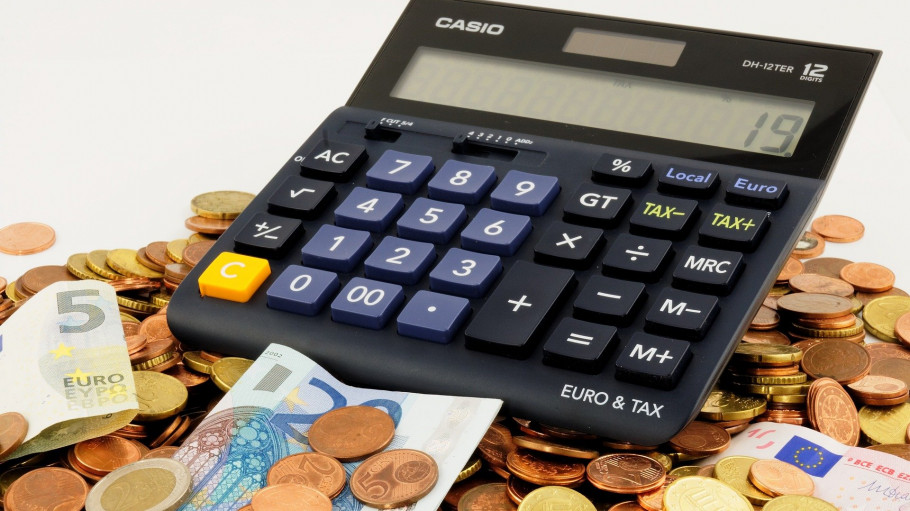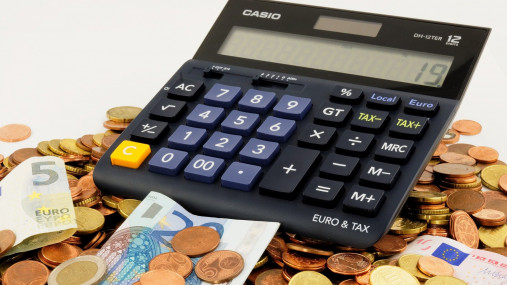
Publications » Position papers » EUROFER feedback on the draft EU taxonomy article 8 delegated act
EUROFER feedback on the draft EU taxonomy article 8 delegated act
Downloads and links
Recent updates

The European steel industry, represented by EUROFER, is progressively transitioning towards ‘greener’ solutions and plays a crucial role in moving towards a carbon neutral economy. The sector is considered a transitional activity for the objective of Taxonomy climate change mitigation. Transitional activities are those economic activities for which there is currently no technologically and economically feasible low carbon alternative, but that are taking actions for transitioning towards a climate neutral economy.
In order to reach the EU’s ambitious reduction target for 2030 and climate neutrality in 2050, novel technologies need to be demonstrated and scaled-up, which will require large and significant CAPEX investments, as well as increased OPEX for production in Europe. Given the magnitude of such investments, the EU taxonomy system must be developed to meet the scientifically based targets under 2030 and 2050, while at the same time allowing financing for activities contributing and transitioning to the EU climate and environmental goals, such as steel manufacturing.
Furthermore, taxonomy, its delegated acts and the relating reporting obligations should take into account the complexity of the steel sector: as a matter of fact, this is the only industrial sector for which the Delegated Act on climate mitigation and adaptation includes several technical screening criteria to comply with, covering different sub-activities and phases of the steel making process. This implies that the steel “activity” will need to be assessed against each and one of these criteria. It is therefore crucial that the reporting obligations set in accordance with Art. 8 of the Taxonomy Regulation are clear, legally certain, and that additional economic and administrative burdens for undertakings are prevented or limited.
With this in mind and in the light of the ongoing work of the European Commission on the Art. 8 Delegated Act, EUROFER wishes to submit its comments and suggestions on the proposed provisions, with the hope that these comments will contribute to current discussions.

Download this publication or visit associated links
Brussels, 22 March 2024 – The future of a strong and resilient EU can only be forged with steel made in Europe. Europe-made low-carbon steel has a strategic role as it enables a net-zero economy, but today it faces strong headwinds from high energy prices, unfair competition, global overcapacity and growing unilateral carbon costs. The year 2023 has recorded the lowest European crude steel production levels ever, with a number of idled plants and dire impact on workers. Ensuring the enabling conditions for the short-term viability and the decarbonisation of the steel sector urgently needs to be at the top of the EU agenda. This is the message delivered by the European Steel Association together with a number of high-level representatives of the sector on the occasion of the Clean Transition Dialogue on Steel in the presence of the Executive Vice Presidents of the European Commission, Maroš Šefčovič and Margrethe Vestager.
Uses, limits, and realistic potentials of demand-side response from the European steel industry along with a broad set of framework recommendations for an EU policy
Antwerp, 20 February 2024 – Today 73 industry leaders spanning almost 20 industrial sectors presented ‘The Antwerp Declaration for a European Industrial Deal’ to Belgian Prime Minister, Alexander De Croo and Commission President, Ursula von der Leyen. The declaration underlines the commitment of industry to Europe and its transformation and outlines urgent industry needs to make Europe competitive, resilient, and sustainable in the face of dire economic conditions.